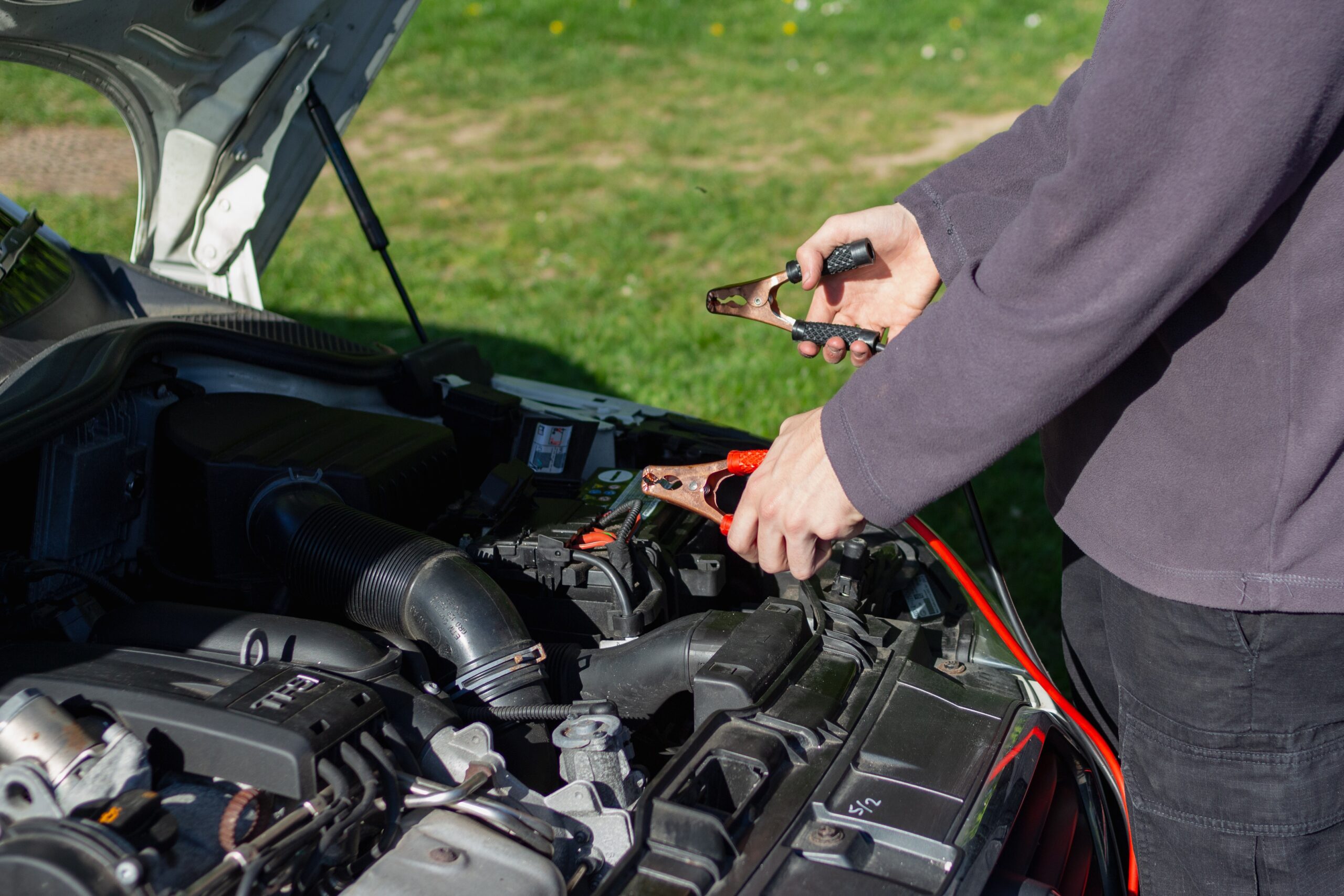
Owning a car is a significant investment, and proper maintenance is crucial to ensure its longevity, reliability, and your safety on the road. While you don’t need to be a mechanic to keep your vehicle in good shape, some basic car maintenance tasks are essential for every car owner. In this beginner’s guide to car maintenance, we’ll walk you through fundamental tasks and provide essential tips to help you take care of your vehicle.
1. Regular Oil Changes
Oil is the lifeblood of your engine, and regular oil changes are vital to its proper function. Consult your car’s owner’s manual to determine the recommended oil change interval, typically every 3,000 to 5,000 miles. If you’re unsure, it’s better to err on the side of caution and change the oil sooner rather than later.
2. Checking and Topping Up Fluids
Your car relies on various fluids to operate efficiently. Regularly check and top up the following fluids:
- Coolant: Ensure the engine doesn’t overheat.
- Brake Fluid: Maintain brake performance.
- Transmission Fluid: For smooth gear shifting.
- Power Steering Fluid: Ensure ease of steering.
- Windshield Washer Fluid: For clear visibility.
3. Tire Maintenance
Proper tire maintenance is crucial for safety and fuel efficiency:
- Check tire pressure regularly and keep it within the manufacturer’s recommended range.
- Inspect tires for signs of damage or uneven wear.
- Rotate your tires every 6,000 to 8,000 miles for even tread wear.
4. Brakes
Brake maintenance is essential for your safety:
- Pay attention to signs of brake wear, such as squealing or grinding noises.
- Replace brake pads and rotors as needed.
- Have your brakes inspected regularly by a professional.
5. Air Filters
Clean air filters improve fuel efficiency and prolong the life of your engine:
- Check and replace both the engine air filter and cabin air filter as needed.
6. Battery Care
A well-maintained battery is essential for reliable starts:
- Clean battery terminals regularly to prevent corrosion.
- Test your battery’s voltage and consider replacement if it’s nearing the end of its life (usually 3-5 years).
7. Lights and Signals
Ensure all lights and signals are working correctly:
- Regularly inspect headlights, brake lights, turn signals, and taillights.
- Replace bulbs promptly when they burn out.
8. Wiper Blades
Proper wiper blade maintenance is essential for clear visibility during adverse weather conditions:
- Replace wiper blades when they start streaking or smearing.
9. Belts and Hoses
Inspect belts and hoses for signs of wear and tear:
- Replace serpentine belts and radiator hoses as needed.
10. Rust Prevention
Prevent rust and corrosion by keeping your car clean, especially during winter when roads are salted. Consider applying a rust inhibitor or undercoating for additional protection.
11. Professional Inspections
While you can handle many basic maintenance tasks, it’s essential to have your car professionally inspected and serviced at regular intervals. Professional mechanics can catch potential issues early, saving you time and money in the long run.
Taking care of your car doesn’t have to be daunting, even if you’re a beginner. By following these basic car maintenance tips and staying proactive, you can ensure that your vehicle remains reliable and safe on the road. Regular maintenance not only extends the life of your car but also saves you from costly repairs down the line. So, roll up your sleeves, get familiar with your vehicle, and start giving it the TLC it deserves. Your car—and your wallet—will thank you for it.
